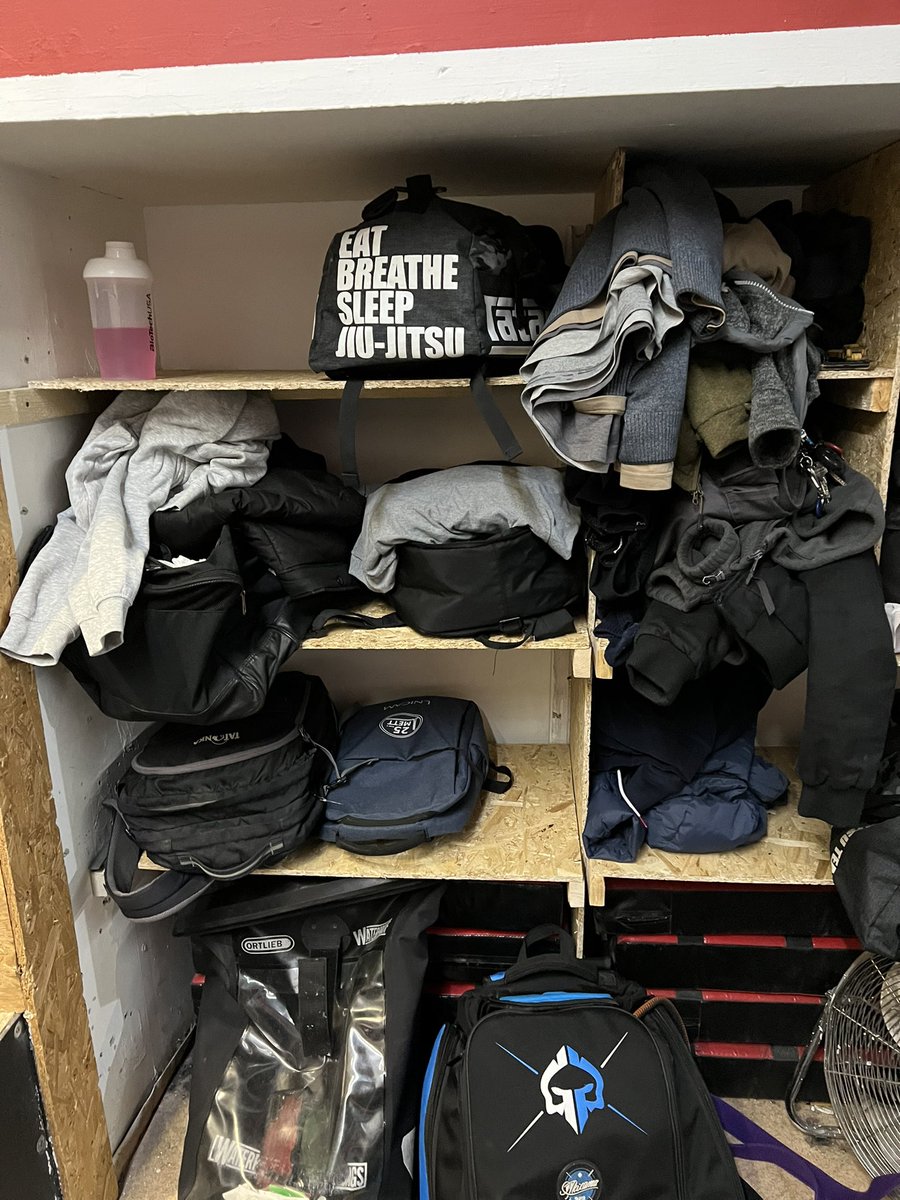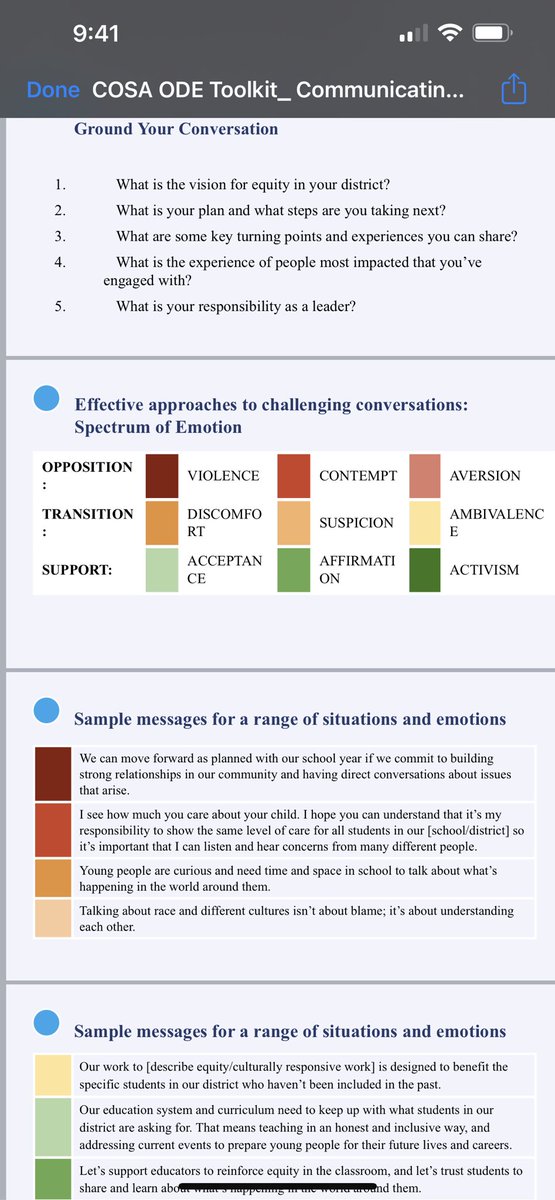
A few quick thoughts on my #BJJ journey from #purpletobrown.
My gym in #Budapest has a culture of leg hunting, esp in no gi. They frequently catch me with knee bars and even heel hooks. (The latter are forbidden at most gyms until brown as they are *incredibly* dangerous.)
My gym in #Budapest has a culture of leg hunting, esp in no gi. They frequently catch me with knee bars and even heel hooks. (The latter are forbidden at most gyms until brown as they are *incredibly* dangerous.)

I’ve had to change up my game and be incredibly mindful of where I place my feet. This is good, but I find myself defending my legs at the expense of trying to take top. I’ve not yet figured out a way to balance leg defense from relentless leg hunters while trying to guard pass.
On another note. I finally figured out why I kept vomiting after my workouts. I couldn’t find just filtered water so I’ve been drinking mineral water. It was literally making me sick. 

If you have a BJJ gym in #Hungary, and would be interested in inviting me to roll, I’d love that. Just post your info here. Thanks.
• • •
Missing some Tweet in this thread? You can try to
force a refresh











